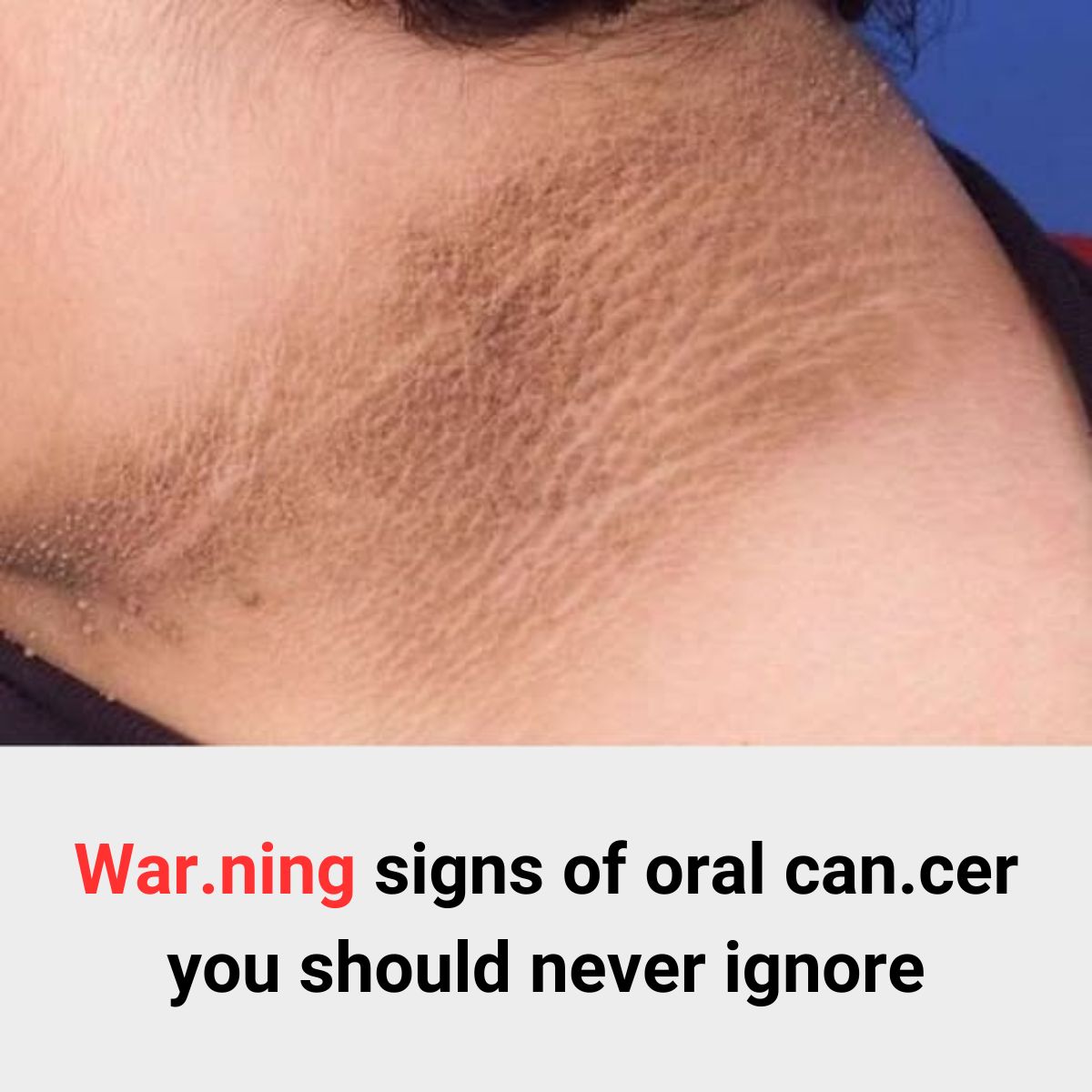Oral cancer is a serious condition that can often be diagnosed in its early stages, increasing the chances of successful treatment. However, due to negligence and a lack of awareness, many people mistake the early symptoms for common mouth ulcers or minor oral issues. By the time the disease is accurately identified, it may have already advanced to a stage where treatment becomes more challenging. This is why it is crucial to recognize the early warning signs of oral cancer and seek medical attention as soon as possible.

One of the first indicators of oral cancer is the presence of persistent sores in the mouth. These sores might not be painful at first, which is why they are often overlooked. However, over time, they can grow larger, become increasingly painful, and even start bleeding, especially when irritated by eating or brushing. If a sore or ulcer in the mouth lasts longer than two weeks without showing any signs of healing, it should not be ignored. Seeking a professional diagnosis is essential, as early detection significantly improves the chances of successful treatment.
In addition to persistent sores, swelling in the mouth, gums, or throat can also be an early sign of oral cancer. This swelling may not initially cause pain, but as it progresses, it can interfere with essential functions such as chewing, swallowing, and speaking. Some individuals may also experience a sensation of something being stuck in their throat, making it difficult to eat or drink comfortably. If any swelling or lump in the mouth or throat does not subside over time, a medical evaluation is necessary.
Another concerning symptom is chronic bad breath that does not improve despite maintaining good oral hygiene. While bad breath is common and can have various causes, persistent foul-smelling breath that does not go away with regular brushing or mouthwash could indicate a deeper issue, including oral cancer. Additionally, changes in oral health, such as loose teeth or unexplained gaps forming between teeth, should be taken seriously. If you notice that one or more teeth are falling out without any apparent reason, or if open gaps around the roots of the teeth fail to heal, this could be a warning sign of a more serious underlying condition.
Pain and discomfort in the ears, jaw, or throat may also be associated with oral cancer. Some people experience persistent ear pain that is not linked to an ear infection, while others may feel numbness, tingling, or unusual sensations in the tongue, lips, or other areas of the mouth. A chronic sore throat that does not improve with time and conventional treatments should also raise concern. If you experience these symptoms for an extended period, it is essential to consult a healthcare professional for further evaluation.
Difficulty swallowing, known as dysphagia, is another red flag. Oral cancer can make swallowing painful, leading to decreased food intake. This, in turn, often results in sudden and unexplained weight loss. Many types of cancer, including oral cancer, can cause significant weight loss due to a combination of reduced appetite, difficulty eating, and increased energy demands from the body as it fights the disease. If you notice a rapid decline in your weight without any changes to your diet or exercise routine, it is crucial to investigate the cause.
Another symptom to watch for is the presence of white or red patches inside the mouth. White patches, medically known as leukoplakia, and red patches, referred to as erythroplakia, can sometimes be precancerous lesions. If these patches do not heal or begin to change in size and texture, they should be examined by a dentist or doctor to rule out any serious conditions.
While these symptoms do not always indicate oral cancer, ignoring them could lead to delayed treatment, which can be life-threatening. Early detection is key, and if any of these signs persist for more than two weeks, it is advisable to schedule an appointment with a healthcare provider for a thorough evaluation. Routine dental check-ups and oral cancer screenings can also help identify potential issues before they become severe.
Preventive measures such as maintaining good oral hygiene, avoiding tobacco and excessive alcohol consumption, and following a balanced diet can help reduce the risk of developing oral cancer. Awareness and early intervention can make a significant difference in treatment outcomes and overall health.
If you or someone you know experiences any of these warning signs, do not wait for symptoms to worsen. Be proactive about your health, prioritize regular screenings, and seek medical attention if something feels unusual. Early detection and timely treatment can save lives, making awareness and vigilance essential in the fight against oral cancer.





